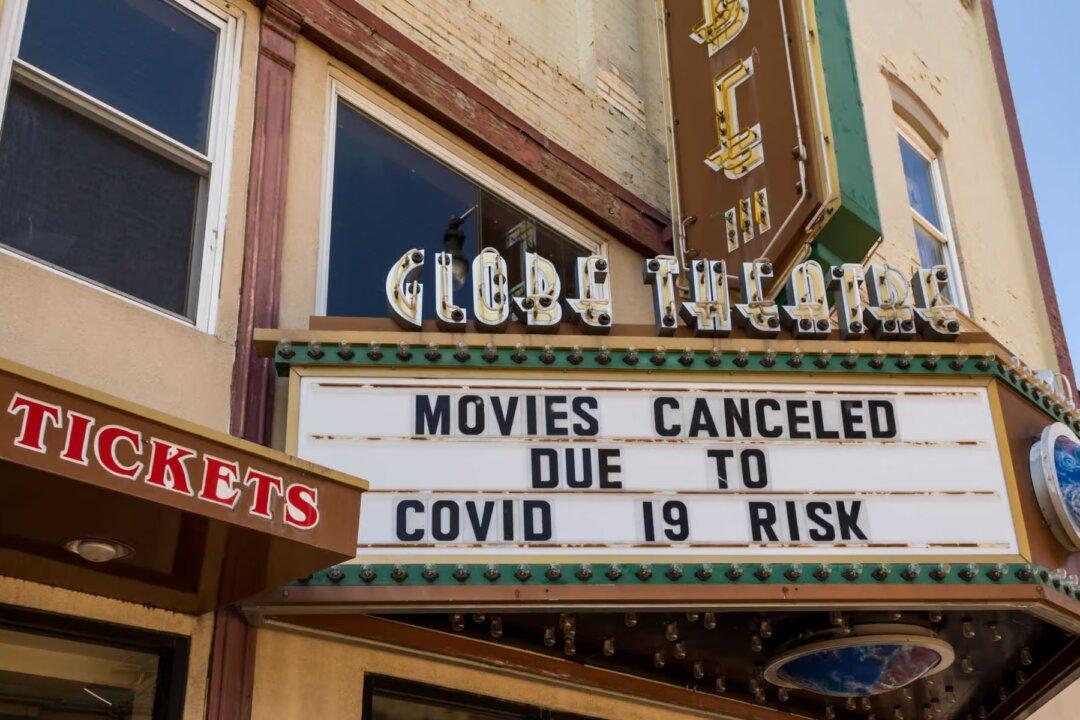Commentary
Avery long time ago, in the era of paper tax return forms for state business taxes, I happened to read, perhaps more thoroughly than before, some of the State of Washington tax forms I was filling out for my practice. I’m sure I had read this item more than once, but somehow it reached that level of consciousness which triggered action.

